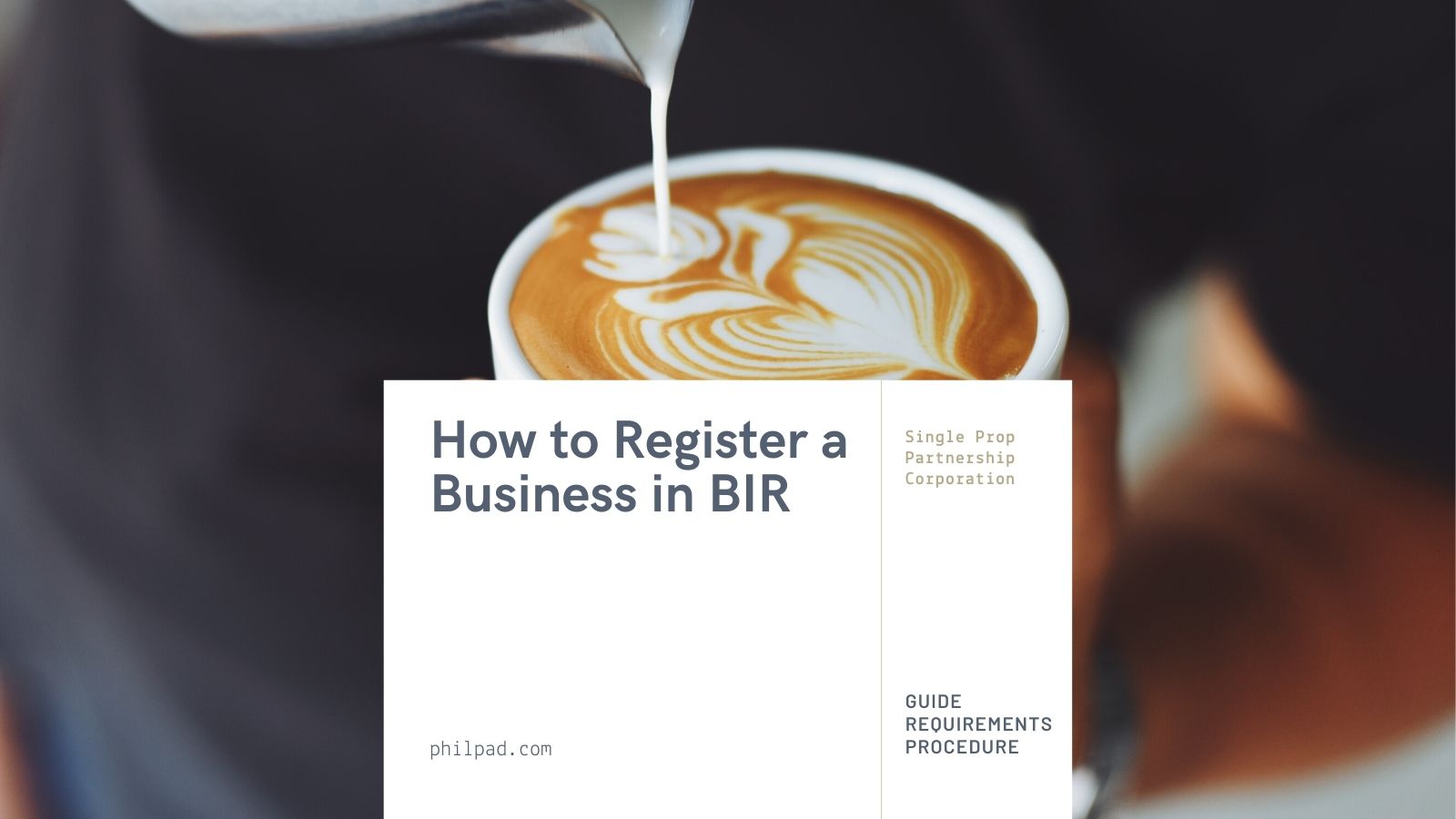We’re sharing here the list of tax exemptions in the Philippines taken from the Tax Code and the Philippine Constitution. What should be taxed and what shouldn’t? The list includes exemptions for income tax, donors, tax, and estate tax.
As a bonus, we also gave tips to master and memorize what is included in each category quickly. We think you will find it helpful if you are looking for a reviewer or taking the CPA or BAR exam. This list is for everyone interested to know what and who is exempted from paying taxes.
According to the Philippine Constitution, the following are exempted from taxes:
- Charitable institutions, churches, convents, mosques, non-profit cemeteries, lands and buildings, and improvements – actually, directly, and exclusively used for religious, charitable, and educational purposes (according to Article VI, Section 28)
- All income, revenues, and assets of non-stock and non-profit educational institutions used actually, directly, and exclusively for educational purposes, and all grants, endowments, donations, and contributions (subject to conditions prescribed by law) used actually, directly, and exclusively for educational purposes (according to Article XIV Section 4)
Tip: If properties, assets, and revenues are related to religious, educational, and non-profit organizations – they may be exempted from taxes.

Income Tax Exemptions in the Philippines in 2023
The following are exemptions for income taxes in the Philippines. If you don’t need to file an income tax return, it doesn’t mean you are exempted from tax. Income tax and Income Tax returns are two different things. Income derived from the following are exempted:
- Non-stock and non-profit educational institutions and government educational institutions
- Non-stock corporations and organizations operated exclusively for religious, charitable, scientific, athletic, or cultural purposes
- Non-profit civic league or organization
- Non-profit business league, chamber of commerce, or board of trade
- Cemetery company-owned and operated exclusively for the benefit of its members
- Mutual savings banks and cooperative banks without capital stock and shares organized and operated for mutual purposes without profit, and development banks
- General professional partnerships formed by persons for the sole purpose of exercising their common profession; no part of the income is derived from engaging in any trade or business
- A minimum wage earner or an individual pursuant to the provisions of the National Internal Revenue Code Section 51 (2)
- A Non-resident citizen of the Philippines:
- Who establishes to the satisfaction of the Commissioner the fact of his physical presence abroad with a definite intention to reside therein
- Who leaves the Philippines during the taxable year to reside abroad, either as an immigrant or for employment on a permanent basis
- Who works and derives income from abroad and whose employment thereat requires him to be physically present abroad most of the time during the taxable year
- Who has been previously considered as a non-resident citizen and who arrives in the Philippines at any time during the year to reside permanently in the Philippines will likewise be treated as a non-resident citizen during the taxable year in which he arrives in the Philippines, with respect to his income derived from sources abroad until the date of his arrival in the Philippines.
- Income from bonds and securities for sale in the international market
- Prizes and winnings from a charity horse race sweepstakes from the Philippine Charity Sweepstakes Office
- SSS and GSIS Benefits
- Benefits received from the US government through the US Veterans Administration
- Annual taxable income of Senior Citizens or those at least 60 years old who have an income of not more than PHP60,000 per year, subject to review by NEDA
- Exemption for a limited period of new and necessary industries (RA No. 901)
- Exemption of pioneer and registered enterprises under the Investment Incentives Act (RA No. 5186)
Tip: Studying the above list, income and revenues derived from outside the Philippines, derived from non-profit, purely educational, and government institutions, are usually not taxable.
Tax Exemptions for Estate Tax in the Philippines
Estate Tax is simply the tax we pay after a person dies or during the settlement of their estate for the beneficiary or heir of the properties and assets. We may pay estate tax on the transfer of these assets and properties. However, there are exemptions:
- The merger of the usufruct in the owner of the naked title
- The transfer or delivery of the inheritance or legacy by the fiduciary heir or legatee to the fideicommissary
- The transfer or transmission from the heir, legatee, or done in favor of another beneficiary, in accordance with the desire of the predecessor
- All bequests to social welfare, cultural and charitable institutions, subject to certain conditions
Estate tax, just like other laws, is broad. If you are an heir or have inherited something, having a trusted lawyer legally transfer all your inheritance to your name can be beneficial and wise.
Donors Tax Exemption in the Philippines
- Donations to the Philippine government for scientific, engineering, and technological research, invention, and development
- Donations to the International Rice Research Institute (IRRI)
- Donations to the social welfare, cultural and charitable institutions
- Donations to the Ramon Magsaysay Award Foundation
- Donations to the National Museum, National Library, and the archives of the National Historical Institute
- Donations to the Southern Philippines Development Administration
- Donations to the Museum of Philippine Costumes
- Donations to the Intramuros Administration to restore and administer the development of Intramuros
- Other donation exemptions stated in the Tax Code Section 34 and PD No. 762
- Gifts made on account of marriage by a resident of the Philippines parents to each of their legitimate, recognized natural, or adopted children to the extent of the first P10,000
- Gifts made to or for the use of the national government or any entity created by any of its not-for-profit agencies or to any of its political subdivision
- Gifts in favor of educational or charitable, religious, cultural or social welfare corporations, accredited non-government organizations, trust or philanthropic or research organizations or institutions
Tip: Donations and gifts related to educational and government research and development projects are usually not taxed. Likewise, with donations to national museums.
Who are exempted from paying income tax in the Philippines?
According to the Bureau of Internal Revenue TRAIN law (Tax Reform for Acceleration and Inclusion), those with annual taxable income below PHP 250,000 are now exempt from paying personal income tax in the Philippines.
Other Tax Guides:
- How to Register a Business in BIR
- New Income Tax Table Philippines
- How to Fill Out BIR Form 1701A for Self-employed and Professionals
- List of BIR RDO Codes
Disclaimer: This article is solely for information purposes and does not constitute expert taxation advice. New laws and tax codes may be implemented at any time. Always practice due diligence before you file and pay your taxes.



